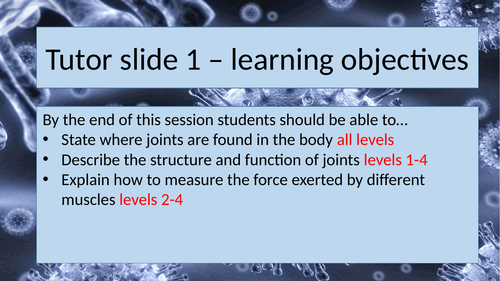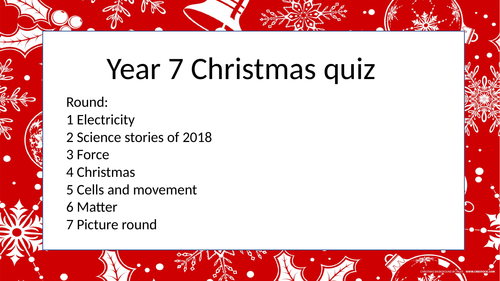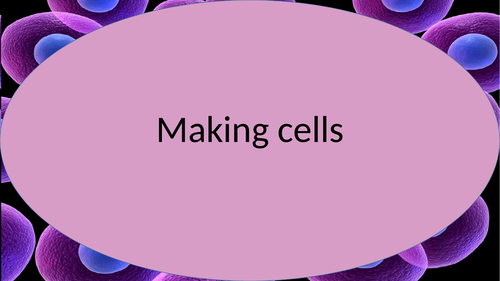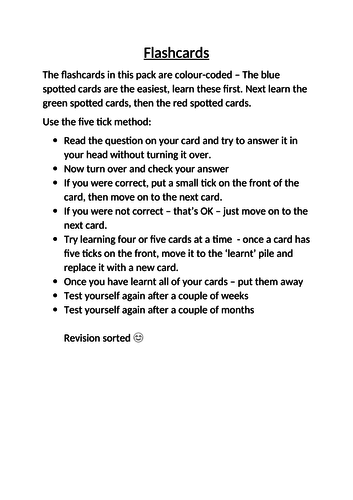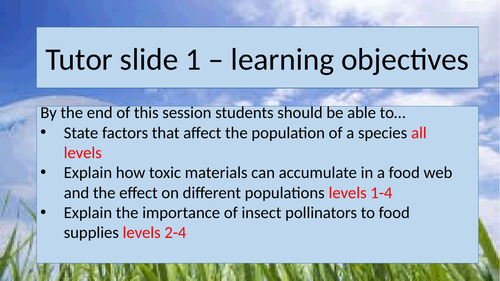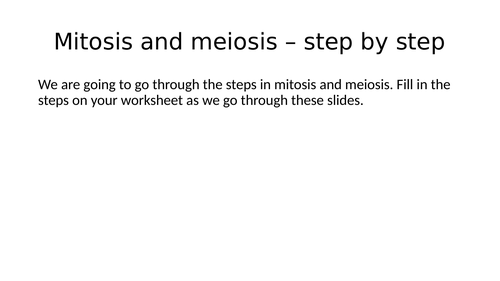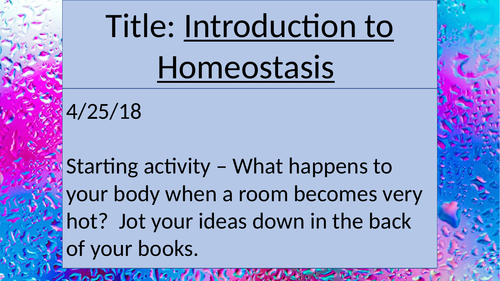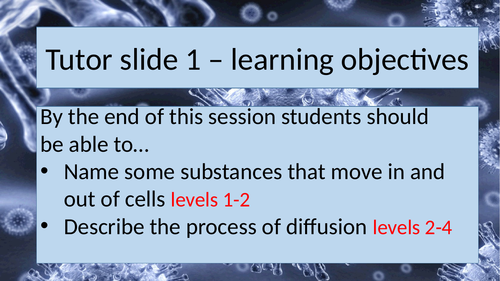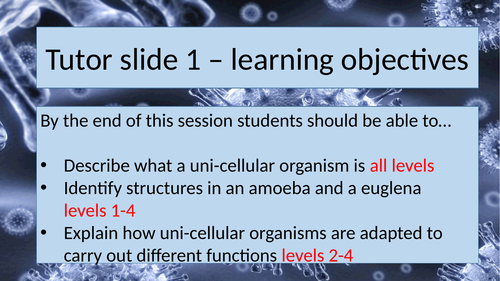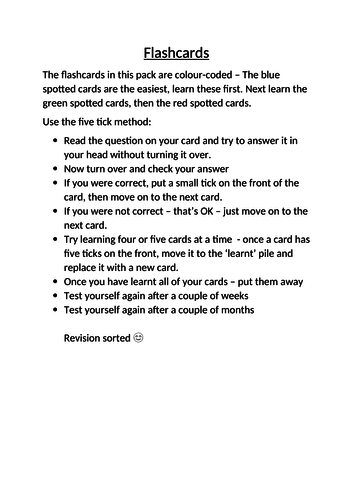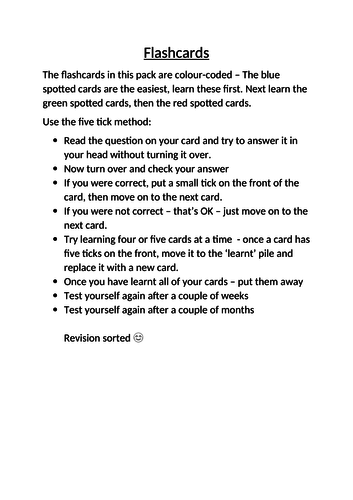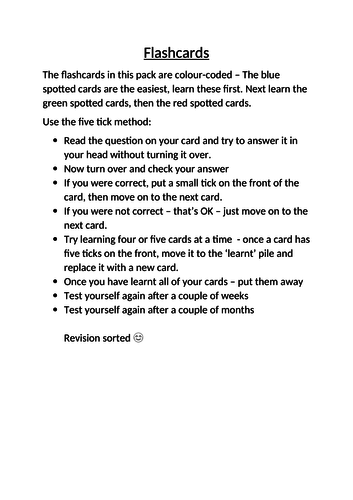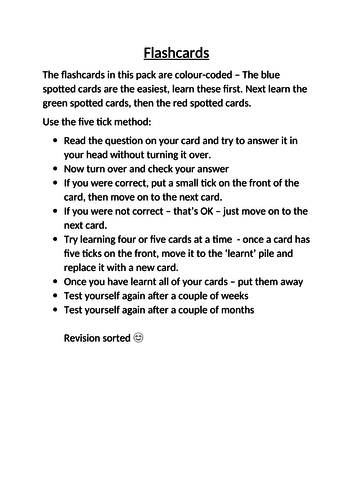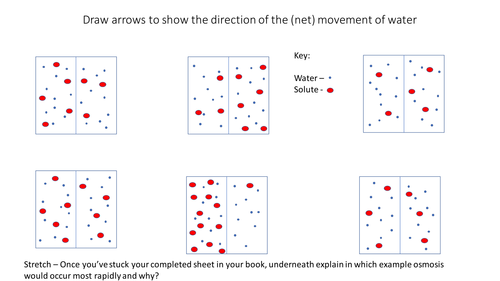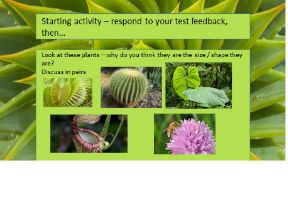Outstanding Science in a box
I specialise in general science resources for KS3 and KS4 and biology for KS5. I try to make my resources suitable for non-specialists and teachers new to the subject, by including answers to any questions and full step-by-step explanations. I love flashcards and try to make a set for each unit I deliver. I am in the process of upgrading these to colour coded (differentiated) sets. All newly added resources will have a remote-learning version too (just in case :-))



